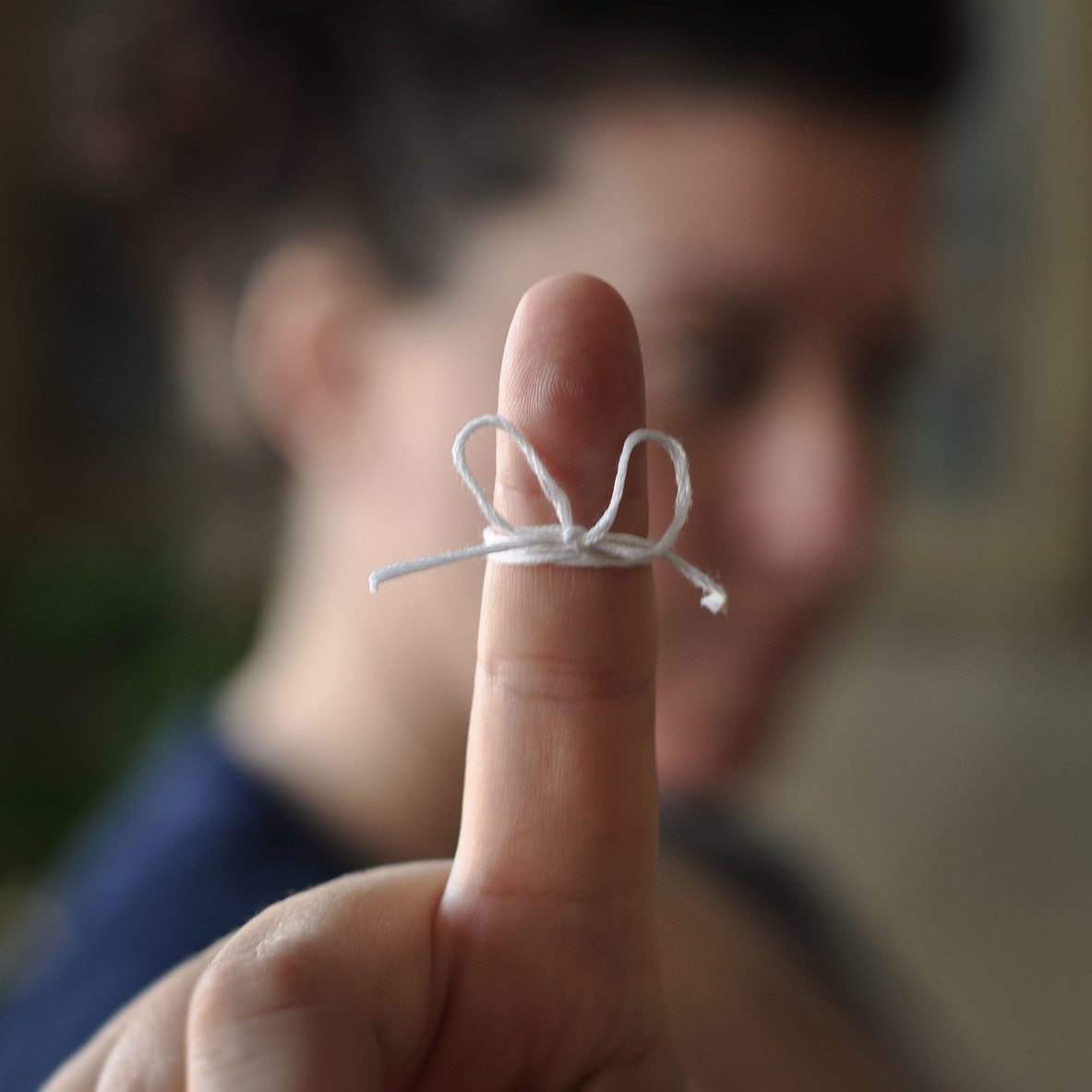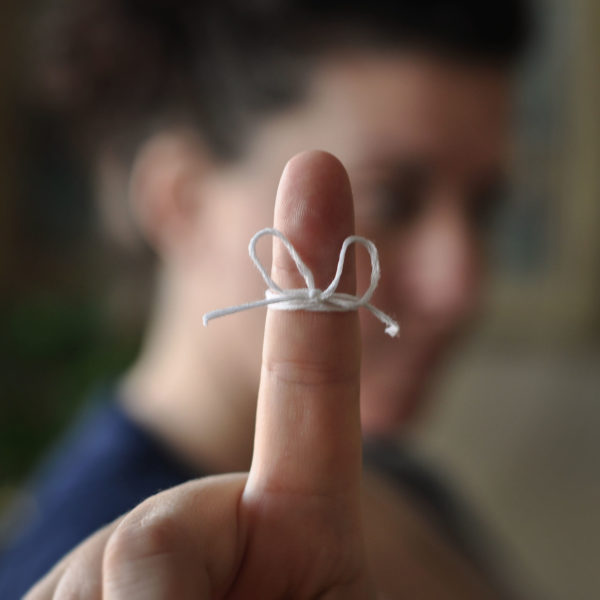
20 Jan Simple Ways to Remember Better
Remember it’s a New Year now? Of course you do. The holidaze are, amen, behind us, but they were a time when your lists had babies – including your Big List of New Year’s resolutions. If getting better at remembering was one of your resolves, this article by Adam Popescu for the New York Times, offers a few great tips. Resolve to read it and follow the simple techniques, then forget about forgetting.

When the sum total of human knowledge rests an arm’s length away in each person’s pocket, why do we have to remember anything anymore?
On an average day most of us check our smartphones 47 times, and nearly double that if we’re between the ages of 18 and 24, which might explain why some of us have such a hard time processing the information we take in to form memories. Smartphones alter the way we walk, talk and think, and we’re barely keeping up.
“Everything is available through a Google search almost instantaneously, so what motive do you have to store useless info?” said Joseph LeDoux, who directs New York University’s Emotional Brain Institute.
Mr. LeDoux, whose work focuses on how the brain forms memories, said this instant-fact setup clouds our judgment on what information to filter and store. Since we’re no longer weighed down by having to retain trivial data, we are left with greater cognitive space. But how do we select what we remember?
He said there are two main kinds of memories: explicit, which are created through conscious experience, and implicit, which form when past experiences affect us, sometimes without our knowledge, as in reacting with fear in dangerous situations or getting sweaty palms when you see a dog if you were once bitten.
Memory is a fallible thing, changing over time. Recalling a long-term memory brings it back into our short-term memory, which essentially gives it new context. Memory is therefore a reconstruction, not a photographic recording, and for economic purposes, our brains — unlike computers — are forever rerecording those memories, making them far more error prone.
On top of that, we now live inside dual screens and endless browser tabs, headphones streaming music, smartphones buzzing, co-workers chatting with us on Slack — all while we should be performing the actual jobs we’re paid to be doing.
“Many people seem unaware that they might accomplish more with sustained, uninterrupted attention to one task,” said Nelson Cowan, a specialist in working memory at the University of Missouri. “It can be exhilarating to flit from one conversation to another on Facebook, but people don’t realize what’s missing in the process. It’s like having a delicious soup poured on your head. Often the people who think they’re the best at sharing attention between tasks are actually missing the most.”
Mr. LeDoux added: “The brain does have limitations to what it can process or handle.”
They’re both right, but there are still things we can do to improve our memories.
Repeat After Me
As simple as it sounds, the repetition of tasks — reading, or saying words over and over — continues to be the best method for transforming short-term memories into long-term ones. To do that, we have to retrain our minds to focus on one task at a time. Sadly, most bypass this formula because we’re already convinced we’re productive.
New connections are made in your brain when you learn. To remember what you learn, do what you probably did in your youth: Repeat words, thoughts and ideas over and over until you get them right. It’s the easiest brain game there is.
Take Your Time…


Sorry, the comment form is closed at this time.